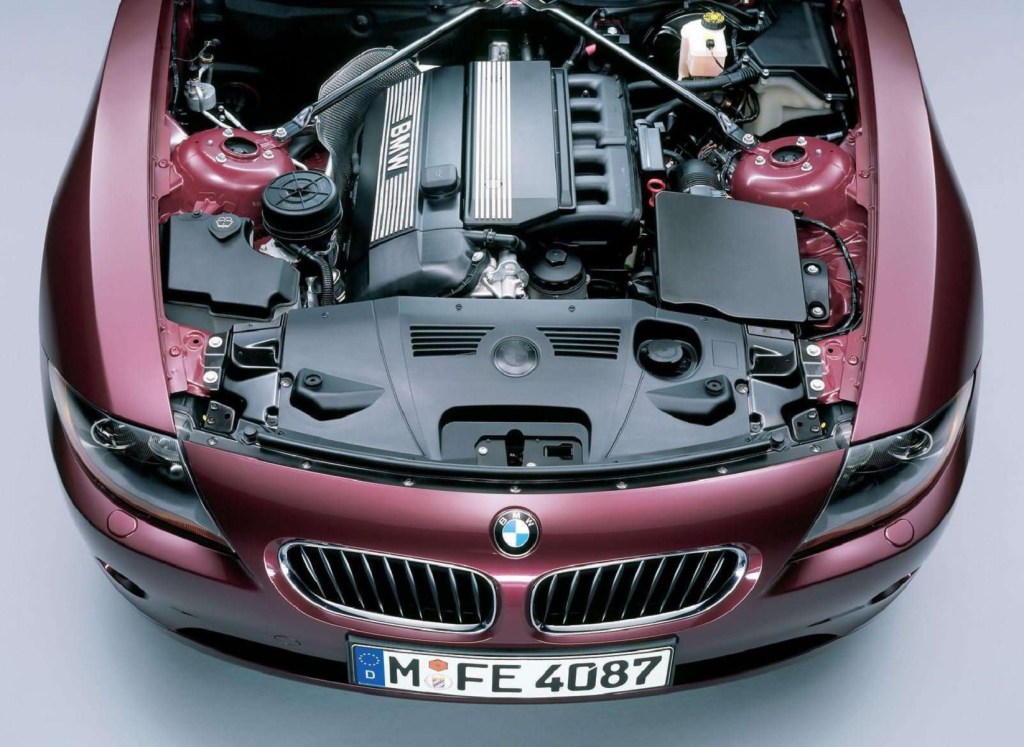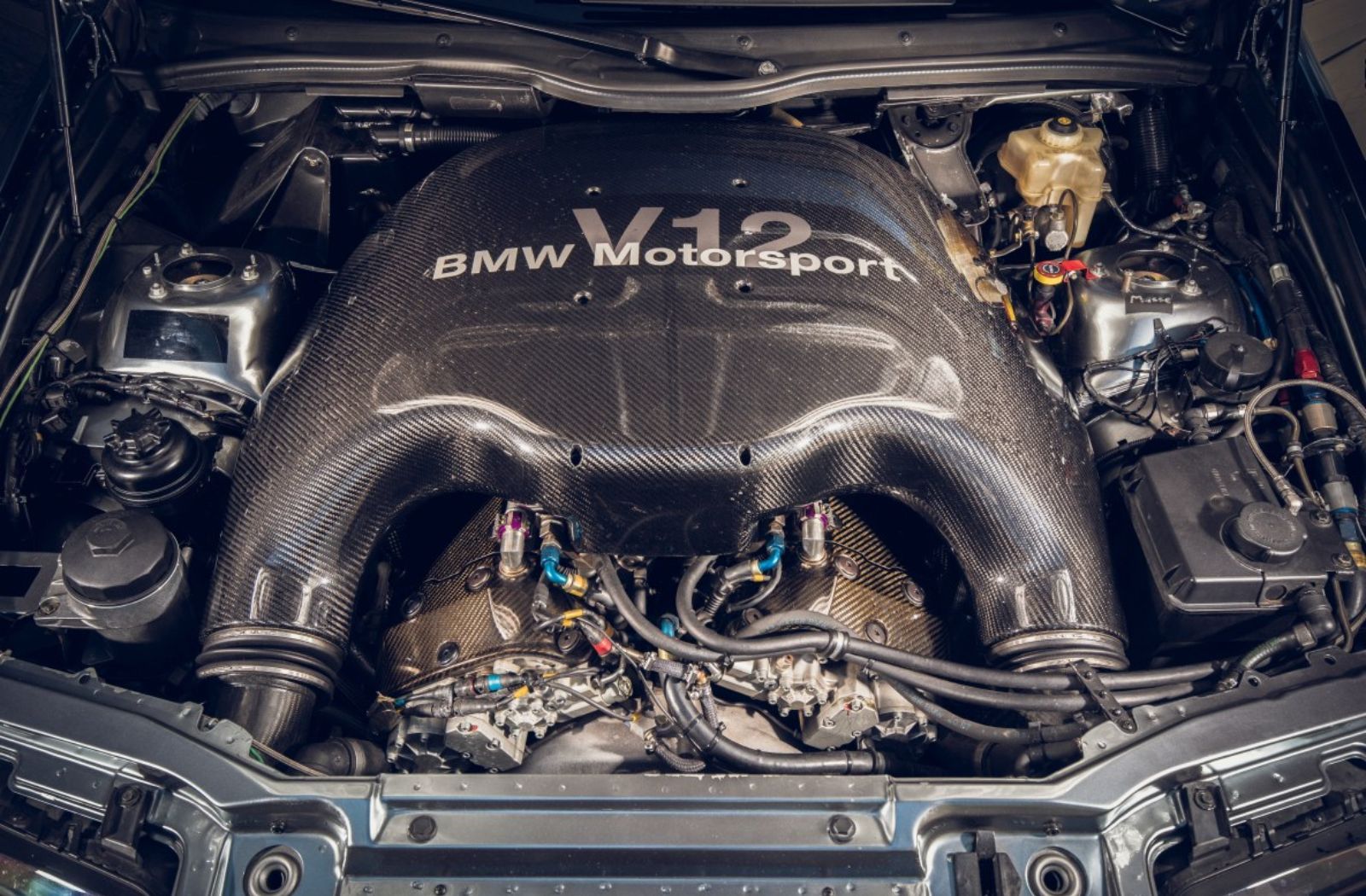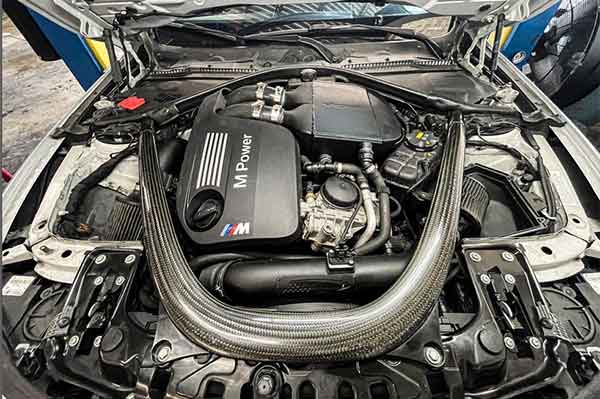How to Keep Your BMW Engine for Ideal Performance and Long Life
How to Keep Your BMW Engine for Ideal Performance and Long Life
Blog Article
Unveiling the Intricacies of Next-Generation Power Units: a Deep Dive Into Advanced Engine Developments and styles
In the realm of automotive engineering, the relentless pursuit of performance, sustainability, and efficiency has actually pushed the evolution of power devices to unprecedented heights. As we stand on the precipice of a new age in transport, the details of next-generation engine layouts beckon us to explore the cutting-edge innovations and innovations that guarantee to redefine the driving experience. From advanced products that press the limits of resilience and weight decrease to innovative turbocharging and supercharging systems that raise power output to new levels, each element of these power units holds a crucial to unlocking the future of auto design. Delving much deeper right into the worlds of exhaust control, intelligent engine monitoring systems, and the horizon of power device development, we locate ourselves on the cusp of a makeover that guarantees to improve the landscape of flexibility as we recognize it.
Advancement of Engine Products

The change in the direction of progressed engine materials has actually additionally allowed designers to develop engines with greater power results while preserving fuel effectiveness standards. As an example, using light-weight materials reduces the total weight of the engine, leading to boosted gas economic climate and reduced exhausts. Additionally, innovations in materials technology have actually allowed for much better thermal management within engines, resulting in raised reliability and durability.
Turbocharging and Supercharging Technologies
Just How do Turbocharging and Supercharging Technologies reinvent engine performance and effectiveness in modern-day cars? Turbocharging and turbo charging are technologies that considerably improve engine performance by raising the quantity of air intake right into the burning chamber. Turbocharging achieves this by making use of a wind turbine driven by exhaust gases to pressurize the consumption air, while supercharging makes use of a belt- or chain-driven compressor to attain the exact same effect.
These modern technologies make it possible for smaller sized, a lot more fuel-efficient engines to create power equal to bigger ones, called downsizing. By compeling even more air right into the cylinders, turbocharging and supercharging enhance burning efficiency, leading to boosted horse power and torque output without a considerable increase in engine dimension. This brings about far better acceleration, lugging capability, and total driving performance.
Additionally, supercharging and turbocharging contribute to improved gas performance by enabling the usage of smaller sized engines that take in less fuel under typical driving problems - bmw engine. This combination of improved performance and efficiency has made turbocharging and supercharging important components of lots of modern engine designs
Discharge Control and Environmental Influence
With increasing worldwide concerns concerning air top quality and environmental sustainability, the implementation of discharge control technologies in cars plays a crucial function in decreasing harmful contaminants launched into the atmosphere. Modern lorries are furnished with sophisticated exhaust control systems that assist lessen the ecological influence of automobile procedures. Catalytic check that converters, for circumstances, are created to transform hazardous gases such as carbon monoxide, nitrogen oxides, and hydrocarbons right into less dangerous substances like co2 and water vapor.
Additionally, improvements in engine technology, such as the combination of exhaust gas recirculation systems and discerning catalytic reduction, have actually dramatically added to reducing emissions. These modern technologies operate in tandem to enhance burning efficiency and minimize the launch of dangerous toxins into the air. In addition, the development of hybrid and electric vehicles represents a vital action in the direction of decreasing the general ecological impact of the transport industry.
Intelligent Engine Administration Systems

Furthermore, these systems enable automobiles to satisfy rigorous emissions standards without jeopardizing performance, providing a much more eco-friendly driving experience. The assimilation of expert system and equipment discovering capabilities in engine monitoring systems proceeds to push the limits of what is feasible, leading to additional improvements in performance, reliability, and overall automobile performance. bmw engine. As automotive innovation advances, smart engine management systems will certainly play a vital role in forming the future of transportation towards a much more lasting and efficient direction
Future Trends in Power Device Development
As smart engine administration systems lead the means for improved control and optimization in modern vehicles, future fads in power unit development are poised to redefine the landscape of vehicle propulsion technologies. One of the essential patterns driving technology in power system growth is the shift in the direction of electrification. With a boosting concentrate on sustainability and reducing carbon discharges, crossbreed and electric powertrains are ending up being a lot more common in the vehicle market. These different power sources supply enhanced effectiveness and efficiency while aligning with rigorous environmental laws.
One more significant trend is the combination of sophisticated products and making methods. Light-weight products such as carbon fiber and aluminum are being utilized to reduce total automobile weight, boosting gas effectiveness and performance. In addition, advancements in 3D printing and additive production are enabling the manufacturing of complex engine elements with greater precision and longevity.
Additionally, expert system basics and artificial intelligence are playing an important role in maximizing power unit efficiency. These technologies allow for real-time surveillance and flexible control, causing more reliable and trustworthy power distribution. On the whole, future trends in power system growth are tailored towards efficiency, performance, and sustainability, driving the automobile industry in the direction of a new age of propulsion modern technologies.

Conclusion
In conclusion, the advancements in engine products, turbocharging, emission control, and smart management systems have led the method for next-generation power devices. The elaborate layouts and technologies in modern engines display the ongoing evolution of vehicle innovation.
Discovering the modern advancements in engine materials has actually been pivotal in boosting the performance and effectiveness of modern-day engines. Over the years, the development of engine products has played an essential duty in pushing the limits of what engines can attain.The change towards progressed engine products has also allowed designers to make engines with higher power outputs while keeping gas performance criteria.The execution of intelligent engine management systems in contemporary automobiles has changed the means engines are regulated and enhanced for efficiency and effectiveness. By collecting data in real-time and examining it with advanced algorithms, intelligent engine management systems can adjust to driving designs, ecological variables, and engine health and wellness to make the most of power result while minimizing gas intake and emissions.
Report this page